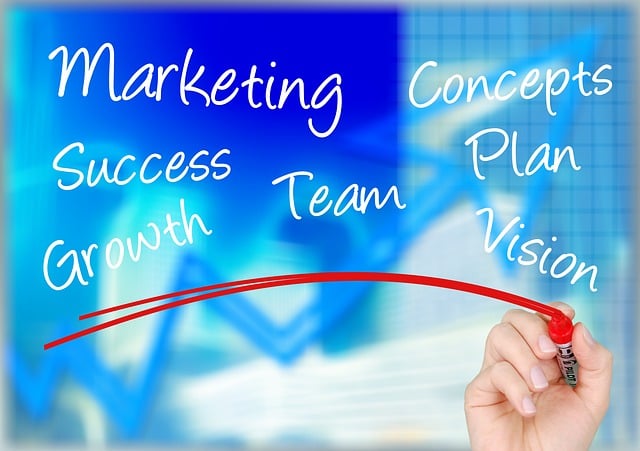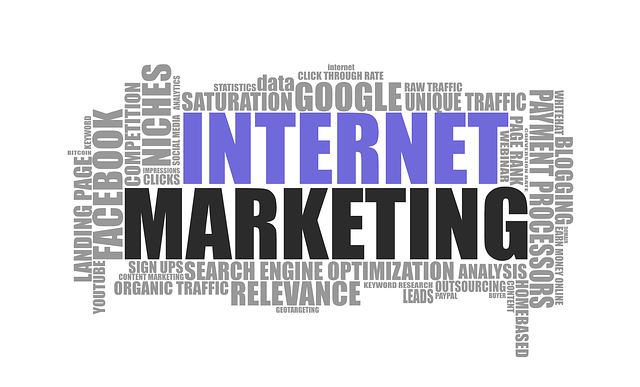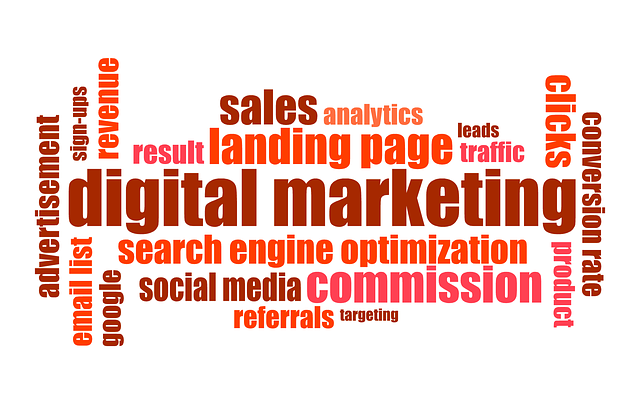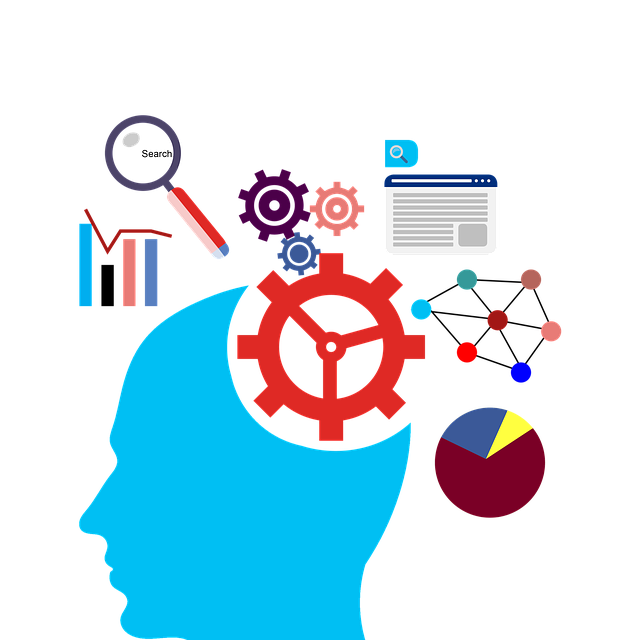AI guest behavior prediction tools have transformed industries like hospitality and retail by leveraging machine learning algorithms to analyze vast historical customer data. These tools help businesses anticipate guest needs, such as forecasting preferences, identifying high-spending customers, and optimizing stock levels, leading to enhanced operational efficiency and improved customer experiences. Advanced analytics solutions powered by AI offer valuable insights, predictive analytics, and automation, contributing to business growth and competitiveness. Implementing these tools requires a strategic approach, including defining goals, preparing data, selecting algorithms, deploying models, and continuous monitoring for adaptation to evolving guest behaviors.
“Unleash the power of predictive analytics with AI guest behavior prediction tools, transforming your business insights. This article delves into the innovative solutions reshaping customer interactions. We explore how advanced analytics platforms predict and personalize guest experiences, enhancing retention and satisfaction.
From understanding key features to implementing effective strategies, this guide provides a comprehensive roadmap. Discover the benefits of AI integration, including accurate forecasting, data-driven decisions, and competitive edge. Optimize your business with these cutting-edge tools.”
- Understanding AI Guest Behavior Prediction Tools
- Key Features and Benefits of Advanced Analytics Solutions
- Implementing AI for Business Forecasting: A Step-by-Step Guide
Understanding AI Guest Behavior Prediction Tools

AI guest behavior prediction tools have emerged as powerful solutions for businesses in various industries, particularly hospitality and retail. These tools leverage machine learning algorithms to analyze vast amounts of historical data and patterns from customer interactions, purchases, and preferences. By understanding guest behavior, businesses can tailor their services and offerings to individual needs, enhancing customer satisfaction and loyalty.
Prediction models can forecast guest preferences, purchase trends, and potential churn risks, enabling proactive strategies. For instance, hotels can use these tools to predict high-spending guests, offer personalized packages, or anticipate maintenance needs based on past guest experiences. Similarly, retailers can forecast demand, optimize stock levels, and create targeted marketing campaigns by analyzing guest browsing behavior and previous purchases. This data-driven approach not only improves operational efficiency but also fosters a more engaging and satisfying guest experience.
Key Features and Benefits of Advanced Analytics Solutions

Advanced analytics solutions offer a myriad of benefits for businesses aiming to stay ahead in today’s competitive market. These tools, often powered by AI and machine learning algorithms, provide unique insights into customer behavior, enabling companies to make data-driven decisions. One of the key features is predictive analytics, where AI guest behavior prediction tools can anticipate future trends and patterns based on historical data. This capability allows businesses to identify potential risks and opportunities, from demand forecasting to personalized marketing strategies.
Moreover, these solutions enhance operational efficiency by automating repetitive tasks, freeing up resources for more strategic initiatives. Real-time data processing ensures that businesses remain agile and responsive to market changes. With advanced analytics, companies can optimize pricing strategies, improve supply chain management, and enhance customer satisfaction through tailored offerings, ultimately driving growth and competitiveness in their respective industries.
Implementing AI for Business Forecasting: A Step-by-Step Guide

Implementing AI for Business Forecasting involves a strategic, step-by-step approach to harness its predictive power effectively. Start by defining your forecasting goals and identifying key performance indicators (KPIs) relevant to guest behavior prediction tools. Next, prepare and clean your data, ensuring it’s structured, accurate, and complete, as AI models heavily rely on quality data for accurate predictions.
Integrate your historical data with real-time feeds where applicable to capture dynamic trends. Choose the right AI algorithm based on your specific needs—regression models for continuous outcomes or time series forecasting for seasonal patterns. Train and validate your model rigorously using split datasets, then deploy it within your existing systems. Continuously monitor performance, refining the model as needed with new data to ensure accuracy and adapt to evolving guest behaviors.
AI guest behavior prediction tools have transformed business analytics, enabling companies to make informed decisions based on detailed customer insights. By leveraging advanced analytics solutions, businesses can anticipate trends, optimize resources, and enhance overall guest experiences. Implementing AI for business forecasting involves a strategic approach, from data collection and model training to deployment and continuous improvement. Embracing these predictive analytics tools is not just a step towards the future; it’s a competitive advantage that drives success in today’s dynamic market.
